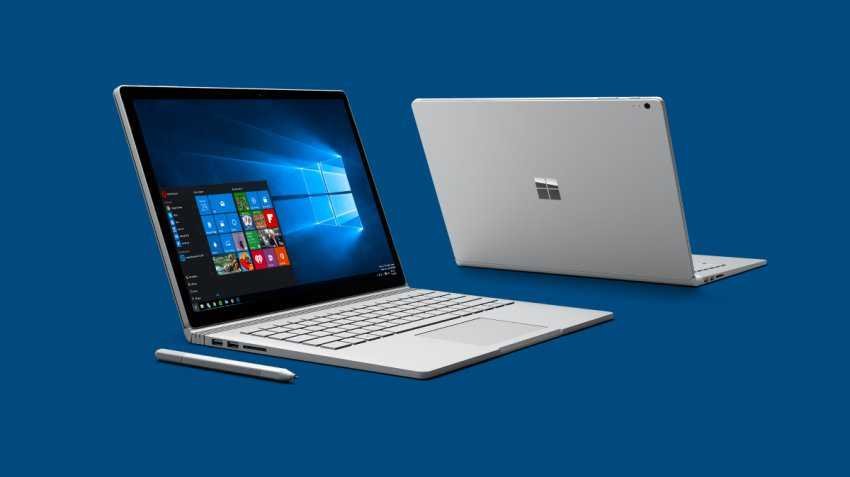As we mentioned in the morning, a group hackers named Shadow Brokers freely at Internet the password access of NSA encryption tools that were used to breach Windows operating systems.
The news immediately made the round of the world mainly because the time of the leak coincided over the weekend and during the Easter holidays for many, thus making the development of updates impossible by the developers. 
And although it looked like the end of the world, as some experts have said on the case, Microsoft has just announced that there is absolutely no reason to worry.
The leaked NSA tools attempt to exploit vulnerable points which have already been patched, according to Microsoft's announcement, so if you upgrade your system completely, no one will be able to break into your computer.
The vulnerabilities are very old, according to the statement of the company and have already been determined before the release of Windows Vista, while others have been addressed with more recent updates.
The word key in the Microsoft announcement, however, is the term "supported."
This means that only Windows versions that are still receiving updates are secure. Windows XP, for example, could be vulnerable to attacks, as updates have been stopped since April 2014.
The three exploits, "EnglishmanDentist", "EsteemAudit", and "ExplodingCan", do not work on supported platforms, which means that our customers running Windows 7 and later versions of Windows or Exchange 2010 and later versions of Exchange is not in danger. "Our customers who are still running previous versions of these products are encouraged to upgrade to a supported version."





